What’s changed in Lancaster, Pennsylvania? The Republican-leaning district in a purple state has been turned on its head by a surprise win for the Democratic party: for the first time since the late 1970s, a local Democratic mayor, James Malone, will take up a place in the State Senate, after a special election was held on Wednesday this week.
This is not just an overturn of decades’ worth of party consensus. It seems to be a monumental shift away from the consensus in Lancaster just four months ago, when Donald Trump won the district by 15 points. It was only a one-point drop from his 16-point margin in 2020, when he won the county and lost the state. For an area of the Rust Belt that has been on the Trump train since the beginning (he won the country in 2016, too), it seems something went badly wrong this week.
That’s the hope of the Democrats anyway: the party has not been able to catch a break since Trump was swept back into power, scrambling (and usually failing) to land blows – not least because the party’s narrative on key economic and social issues is in shambles. Then, by some miracle, Signalgate and a state election upset come in the same week.
But is it just that: a miracle, or luck? There are good reasons to wait and see what happens in Florida’s state elections next week before anyone jumps the gun to say this is the beginning of the end of MAGA dominance. As the Wall Street Journal’s editorial board points out today, around half the number of voters showed up for the special election this week compared to last year’s presidential election. It’s no surprise in a special election that would include those most motivated to vote: also known as those most upset and angered by political circumstances. In November, the blame was rightly pointed at the politicians who had been in charge for four years. Now, any protest vote – and special elections are the perfect time and place – is going to be cast against the new lot in charge.
But I wonder what else might be going on, having had the opportunity to see Lancaster in action during the election. As I wrote at the time, two weeks out from the election, the turnout in the district was something spectacular: the singing, the dancing, the countless turned away because the 6,000-capacity venue was already packed to the brim. Yes, the crowd was self-selecting: MAGA voters through-and-through. But their dedication was precisely why I walked away fairly certain Trump was about to win the election. They weren’t just listening, they were laughing along with a candidate –Trump – who managed to find his humor again, just in time for Election Day. That was where the power lay: in the relief, in the laughter.
In many ways, the President has kept that humor going into his second term: hanging his framed mugshot just outside the Oval Office, telling a journalist he didn’t understand “good luck, live in peace.”
But the normalcy that Trump promised to return – to politics, to cultural norms – has been replaced, in part, by MAGA’s own eccentricities. Voters could be forgiven for thinking his decisive win was going to mean a watering-down of identity politics, not obviously a push to conquer Greenland. If voters took the President at his word, they would have expected narrow tariffs to give a boost to American business, not a stock market panic that has not just terrified investors, but workers with savings and retirement plans, too.
Trump’s tactic to change, explode, abolish and rewrite a dozen pieces of public policy a day certainly gets things moving: a momentum that was perhaps necessary after four years of Joe Biden’s “sit back and spend” agenda. But it also causes fatigue, even in the most ardent Trump supporters. These were the people who were tired of being lectured at their dinner table about politics. The political overload now may be too much to bear.
Combine fatigue in your sympathizers with pure and utter loathing in your opponents, and all of a sudden special elections become much harder to win. That doesn’t mean MAGA has lost any real control (indeed, polls continue to show Trump in a pretty stable position). But it is an important reminder that American voters can be fickle – especially when tired.



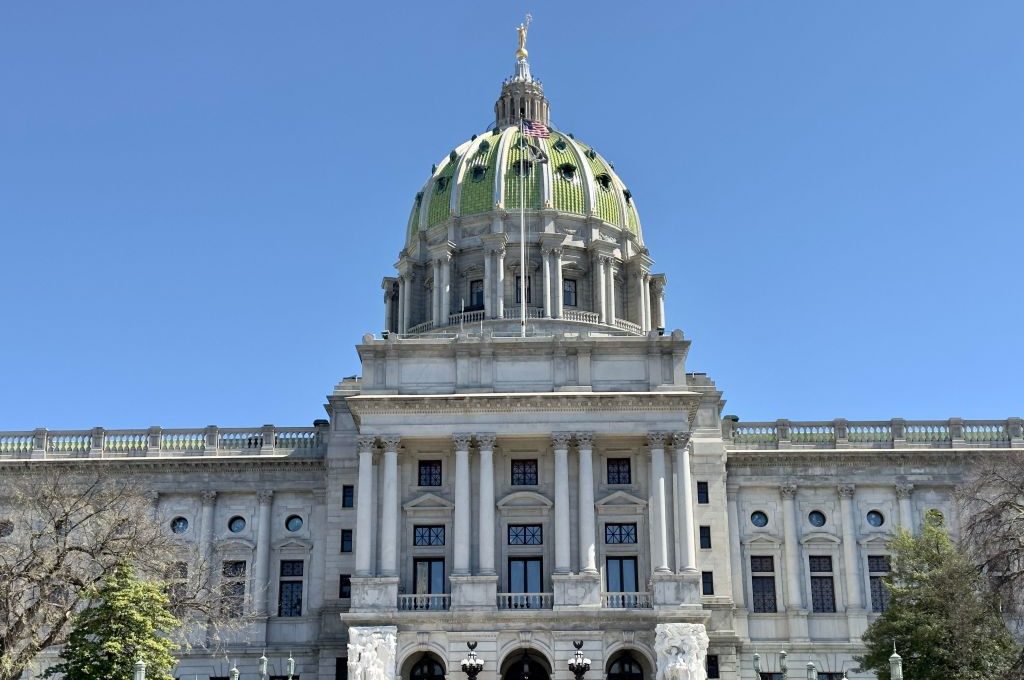






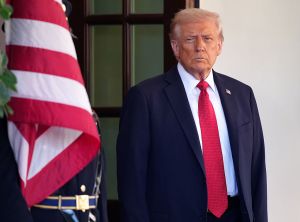

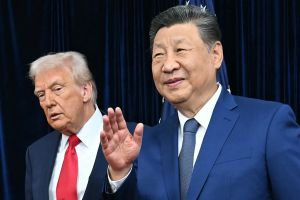

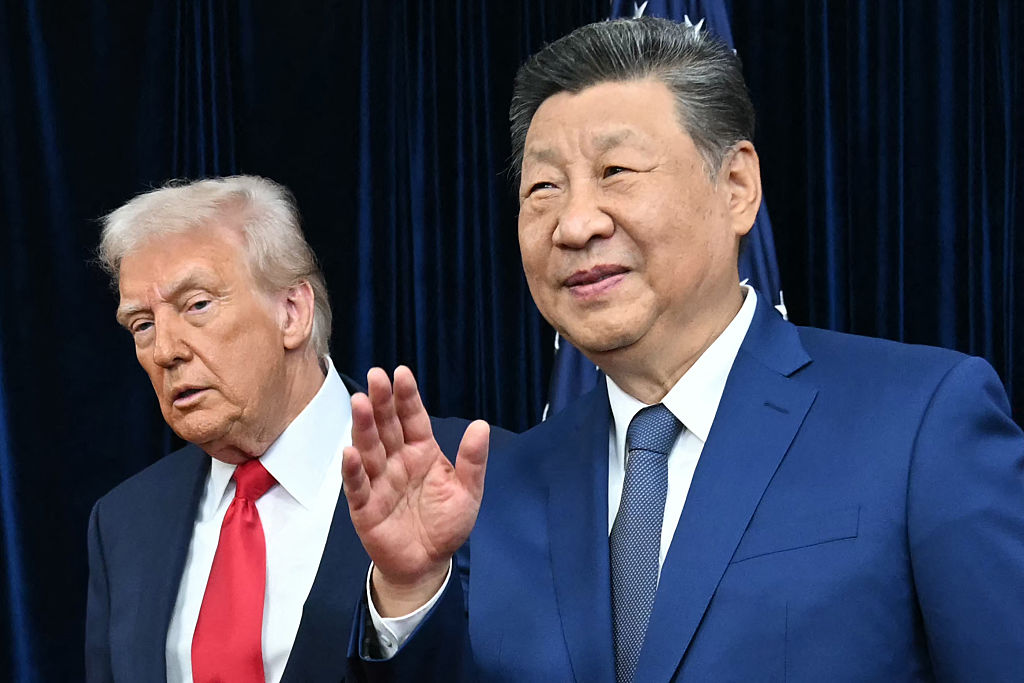
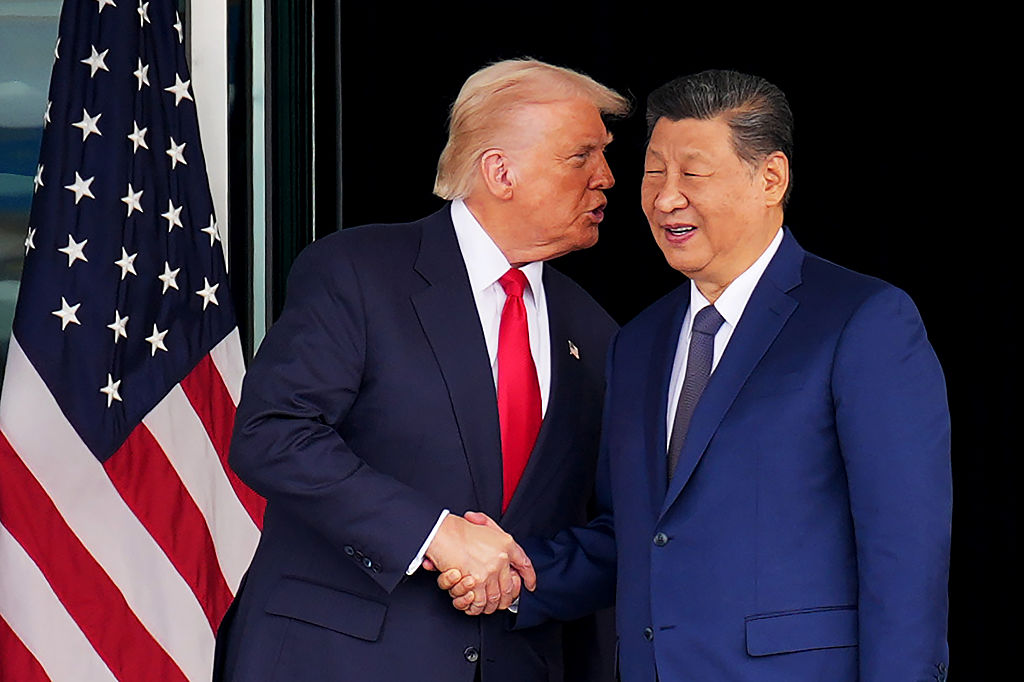
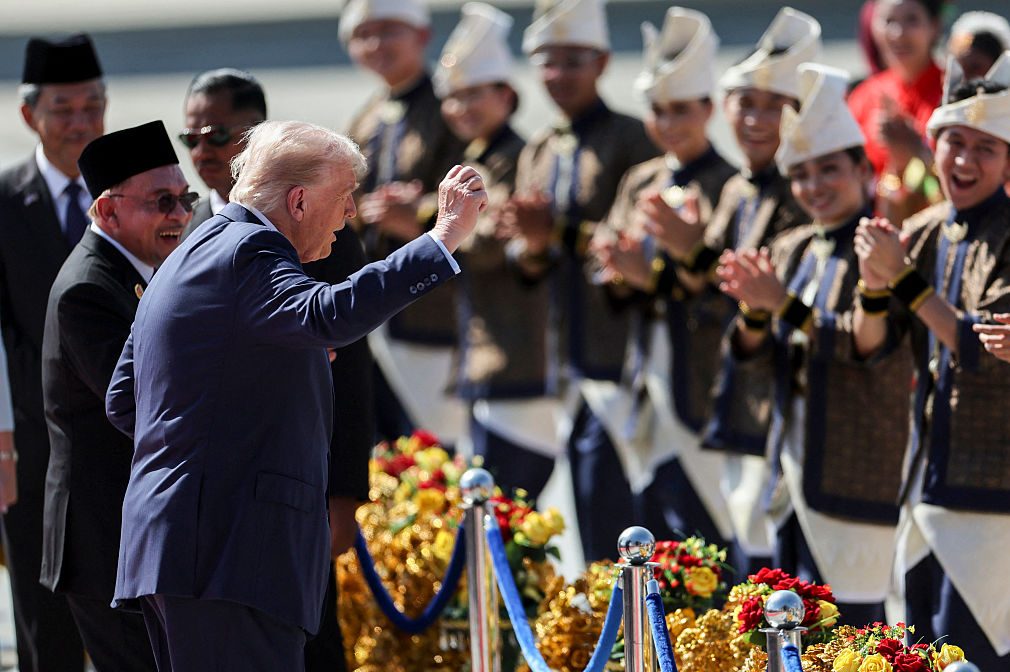
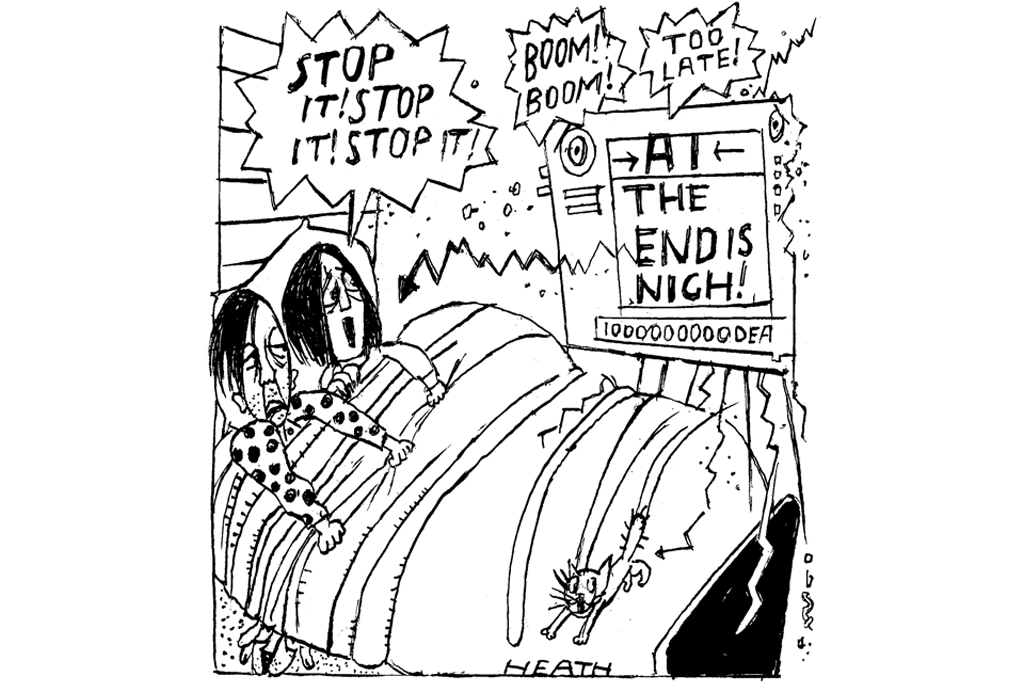
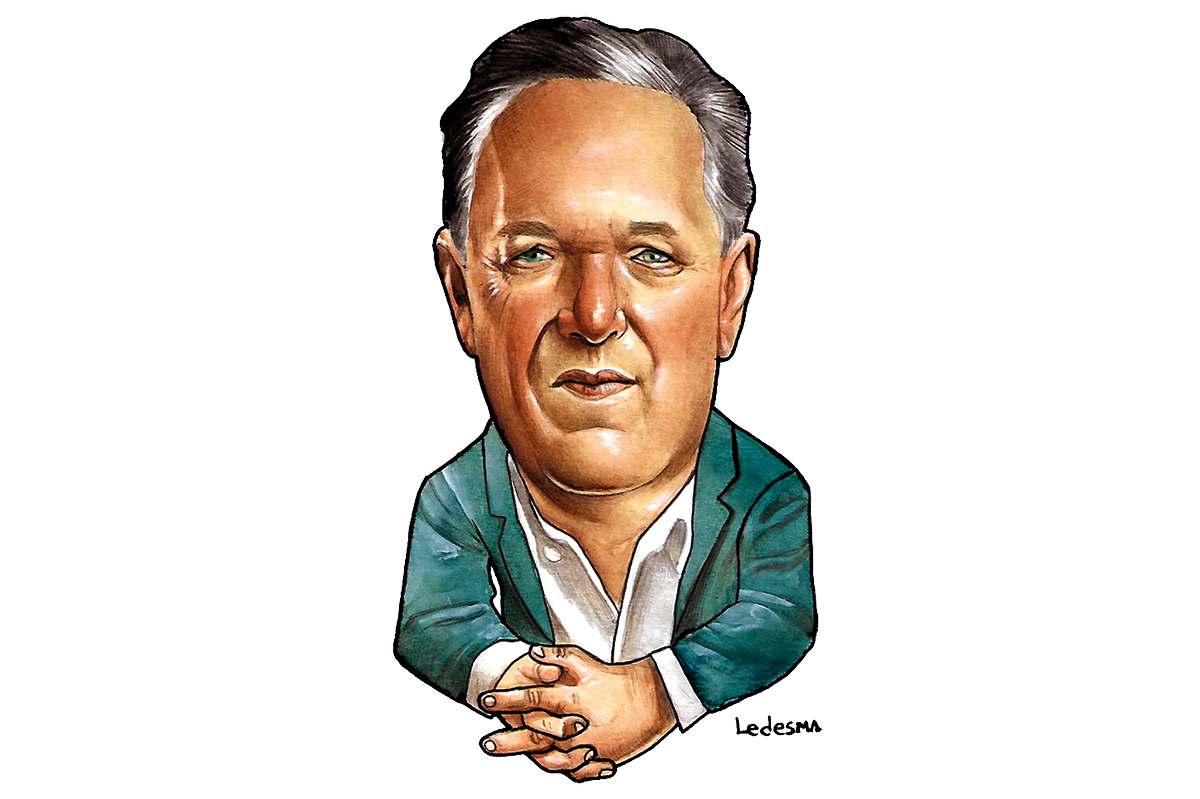







Leave a Reply